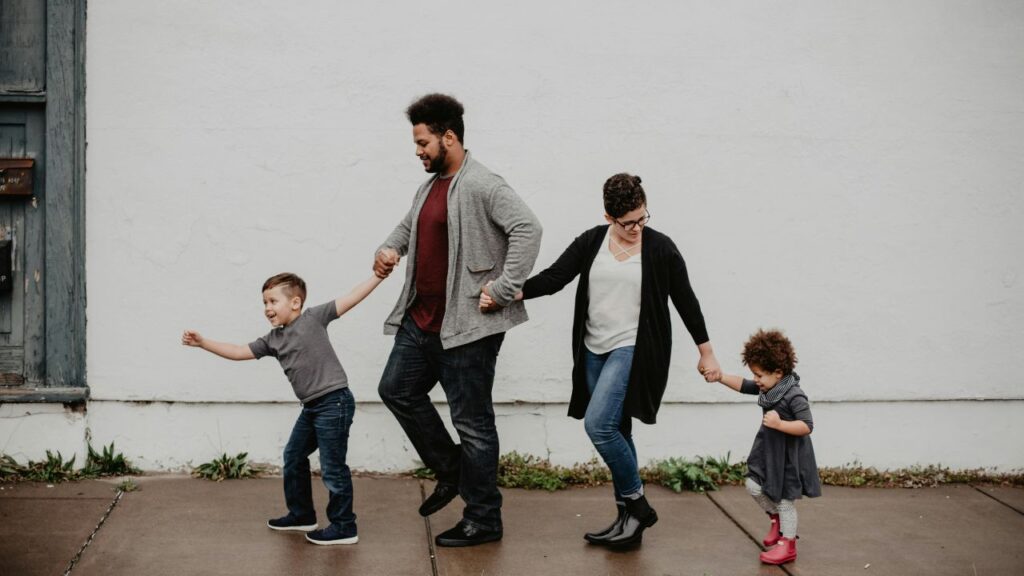Addiction is a complex and far-reaching disease that affects not only the individual struggling with substance abuse but also their entire family. Family dynamics play a significant role in the development and perpetuation of addiction, as well as in the recovery process. Understanding the different roles family members may adopt in the context of addiction is crucial for breaking negative patterns and promoting healing.

The Family Roles in Addiction
When addiction is present in a family, members often subconsciously adopt specific roles to cope with the stress and chaos. These roles include:
The Enabler
The enabler, often a parent or spouse, tries to protect the addicted individual from the consequences of their actions. They may make excuses for the person’s behavior, bail them out of trouble, or provide financial support. While the enabler’s intentions may be good, their actions inadvertently perpetuate the addiction by shielding the individual from the repercussions of their choices.
The Hero
The hero is typically the high-achieving, responsible family member who tries to compensate for the addict’s shortcomings. They may excel in school or work, take on additional responsibilities, and attempt to maintain a perfect image to the outside world. The hero’s efforts to keep the family together can lead to emotional exhaustion and a sense of resentment.
The Scapegoat
The scapegoat is the family member who is blamed for the family’s problems, often becoming the focus of anger and frustration. They may engage in rebellious or self-destructive behavior, drawing attention away from the addict’s actions. The scapegoat’s negative behavior can reinforce the belief that they are the source of the family’s issues, allowing the addiction to continue unchallenged.
The Lost Child
The lost child is the quiet, withdrawn family member who tries to avoid conflict and maintain peace. They may retreat into their own world, focusing on solitary activities and avoiding interactions with others. While the lost child’s behavior may not directly contribute to the addiction, their emotional needs often go unmet, leading to feelings of loneliness and disconnection.
Breaking the Cycle
These family roles can create a dysfunctional dynamic that enables addiction and hinders recovery. Family members may become so entrenched in their roles that they struggle to break free, even when the addicted individual seeks help. This is where professional family therapy and support services, like those offered at Swift River, can make a significant difference.

How Swift River Can Help Understand Family Roles in Addiction
At Swift River, we understand the critical role family plays in addiction and recovery. Our comprehensive treatment program includes family therapy and support services designed to help families identify and break unhealthy patterns, improve communication, and rebuild relationships.
Our experienced therapists work with families to:
- Educate them about the disease of addiction and its impact on family dynamics
- Help them understand and break free from enabling and codependent behaviors
- Provide a safe space for family members to express their emotions and concerns
- Teach effective communication and problem-solving skills
- Develop a support system and aftercare plan to maintain progress after treatment
By addressing the needs of the entire family, Swift River’s approach to addiction treatment promotes long-term recovery and healing for all involved.
Take the First Step Toward Helping Repair Family Relationships
If you or a loved one is struggling with addiction, don’t wait to seek help. Contact Swift River today at 413-570-9698 to learn more about our family therapy and support services. Our compassionate and knowledgeable staff is here to guide you and your family towards a path of recovery, healing, and renewed hope.













